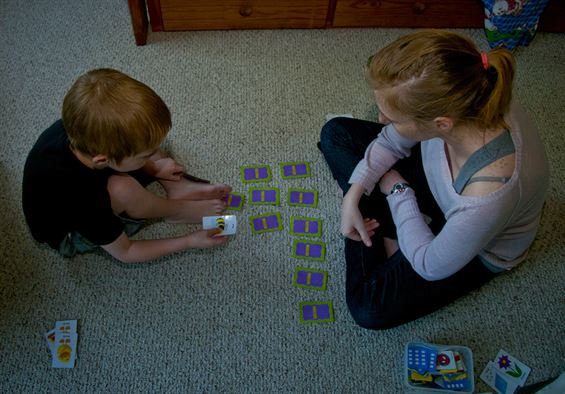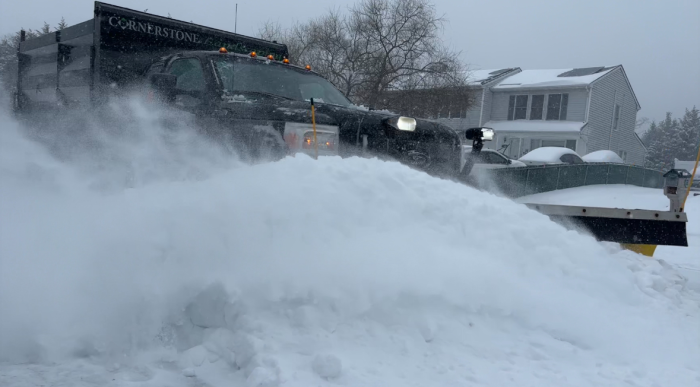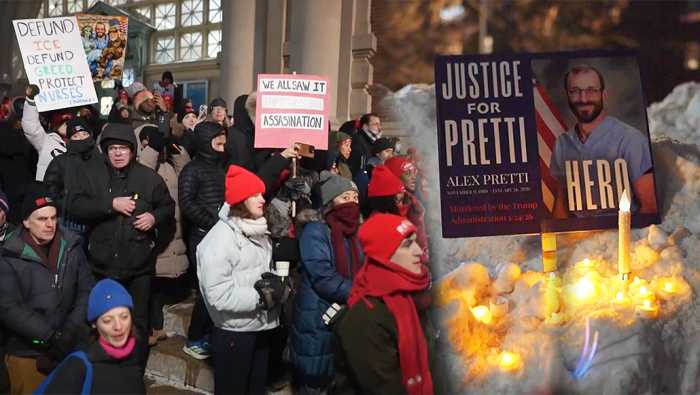An arcane New York State law restricting behavior analysts from helping anyone besides individuals diagnosed with autism spectrum disorder shortchanges the otherwise afflicted and will cause a shortage of professionals, experts warn.
Licensed Behavior Analysts and Board Certified Behavior Analysts (BCBAs) are trained to reduce harmful behavior and teach new skills to people diagnosed with anything from Down syndrome to attention deficit hyperactivity disorder. But many people are unaware that behaviorists could help them. Now advocates in the field are lobbying state lawmakers to repeal the inadvertent restriction.
“It really doesn’t take into account the whole range of populations that BCBAs can and do help,” says Dana Reinecke, a Long Beach resident who’s president of the New York State Association for Behavior Analysis.
New York is one of 29 states in the country that requires BCBAs to be licensed in addition to requiring them to pass the national Behavior Analyst Certification Board exams. But the Empire State stands alone in limiting BCBAs to helping only those with autism.
The problem arose when the state passed a 2012 law requiring insurers to pay for treatment of services for people with autism. Lawmakers soon after passed an amendment that created the license for BCBAs and ensured behavioral analysis is covered by insurance for the autistic. It wasn’t until later that experts realized that the law effectively limited BCBAs from helping anyone else in New York.
“It should not have been entangled with [the insurance law] the way it was,” Reinecke says. “Even licensed BCBAs don’t realize the restrictions.”
There is a proposal pending in the state Legislature to repeal the one sentence in the law responsible for the problem, but advocates are now in their second year of lobbying Albany lawmakers to make the change.
“It’s like saying a chiropractor can only treat an ankle injury,” says state Assemb. Michaelle Solages (D-Elmont). “I don’t think it’s really fair.”
She says she decided to cosponsor the bill to repeal the restriction after hearing from constituents, including those who work with people who have eating disorders and Alzheimer’s disease, who expressed concern that the law bars them from getting the behavioral help.
Reinecke adds that if the law isn’t changed, she expects BCBAs to move out of state and fewer college students to pursue the field.
“We’re going to wind up having a shortage of truly licensed BCBAs in New York,” she says. “This law is going to create a shortage.”
Her husband, Dr. Bobby Newman, who’s a BCBA, agrees.
“It’s a very peculiar set of circumstances to only have a science, which has been validated as effective in … populations and yet the law says the professionals who are trained in that discipline can’t work with those populations,” says the author and psychologist.
“This is doing a disservice to the field and also preventing people from receiving services,” Newman adds. “If I was the parent of a child with … any one of the million disorders that could benefit from services I would be quite angry that my child wasn’t being allowed, simply because of this law.”































